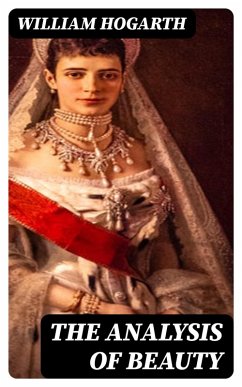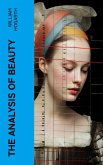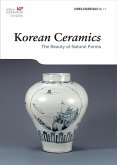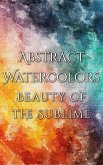In "The Analysis of Beauty," William Hogarth meticulously explores the principles of aesthetics and beauty, arguing against the prevailing notions of symmetry and proportion in art. Employing a blend of empirical observation and philosophical inquiry, Hogarth introduces the concept of the 'Line of Beauty,' a serpentine line that reflects the grace found in nature and art. His rich prose and illustrative engravings invite readers into a deeper understanding of visual harmony, offering both a critique and a celebration of Baroque and Rococo influences prevalent in 18th-century British art. The work situates itself within the broader Enlightenment discourse, bridging art and emerging scientific thought. William Hogarth, a preeminent English painter and engraver, was deeply influenced by the socio-political landscape of 18th-century England and the evolving discussions surrounding art's purpose and morality. His experiences as an artist in a rapidly changing society, coupled with his keen observational skills, fueled his desire to articulate a theory of beauty that transcended conventional aesthetics. Hogarth's commitment to social commentary through visual storytelling informs the insights presented in this work. This book is indispensable for scholars of art history, aesthetics, and cultural studies, as it provides a unique lens on Hogarth's revolutionary ideas. Readers intrigued by the formulation of beauty and design in visual arts will find Hogarth's analysis both enlightening and foundational, as it resonates with contemporary debates surrounding artistic expression.
Dieser Download kann aus rechtlichen Gründen nur mit Rechnungsadresse in A, B, BG, CY, CZ, D, DK, EW, E, FIN, F, GR, H, IRL, I, LT, L, LR, M, NL, PL, P, R, S, SLO, SK ausgeliefert werden.









